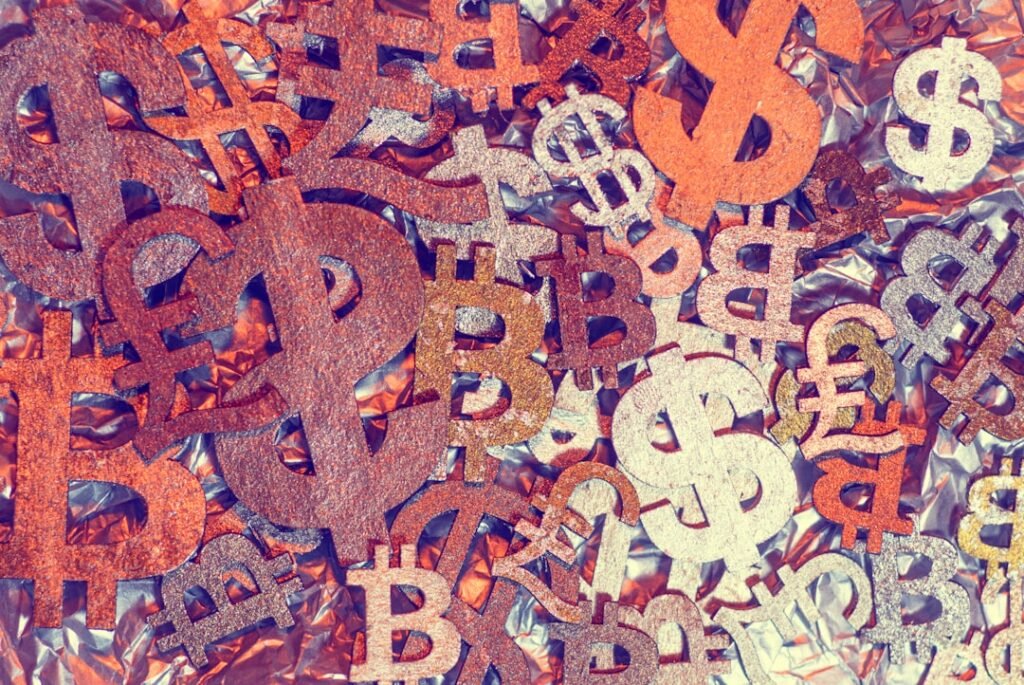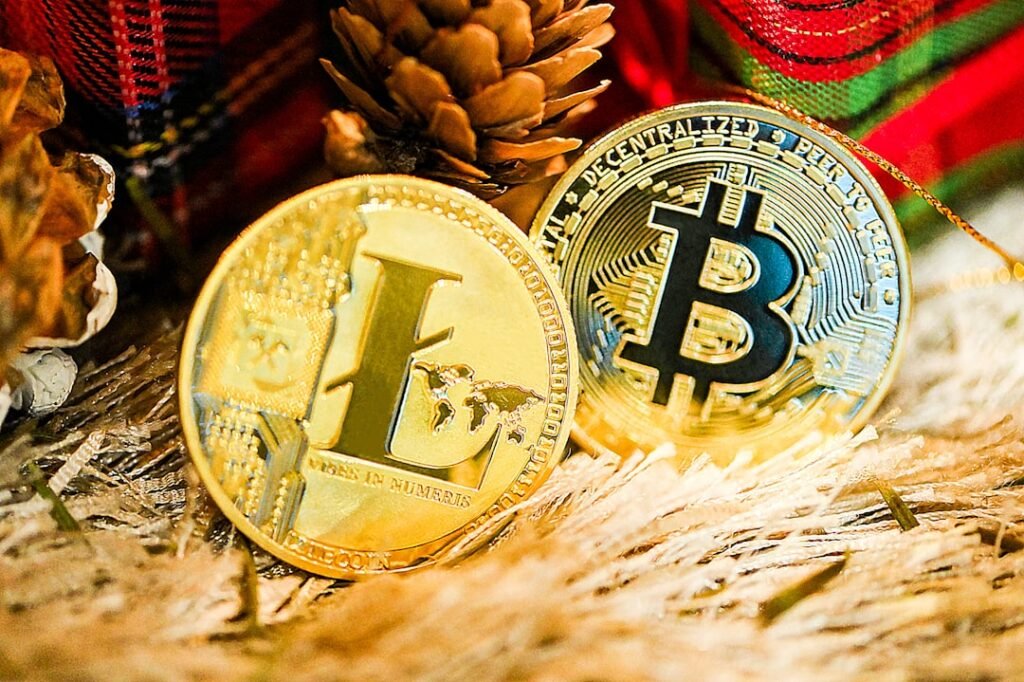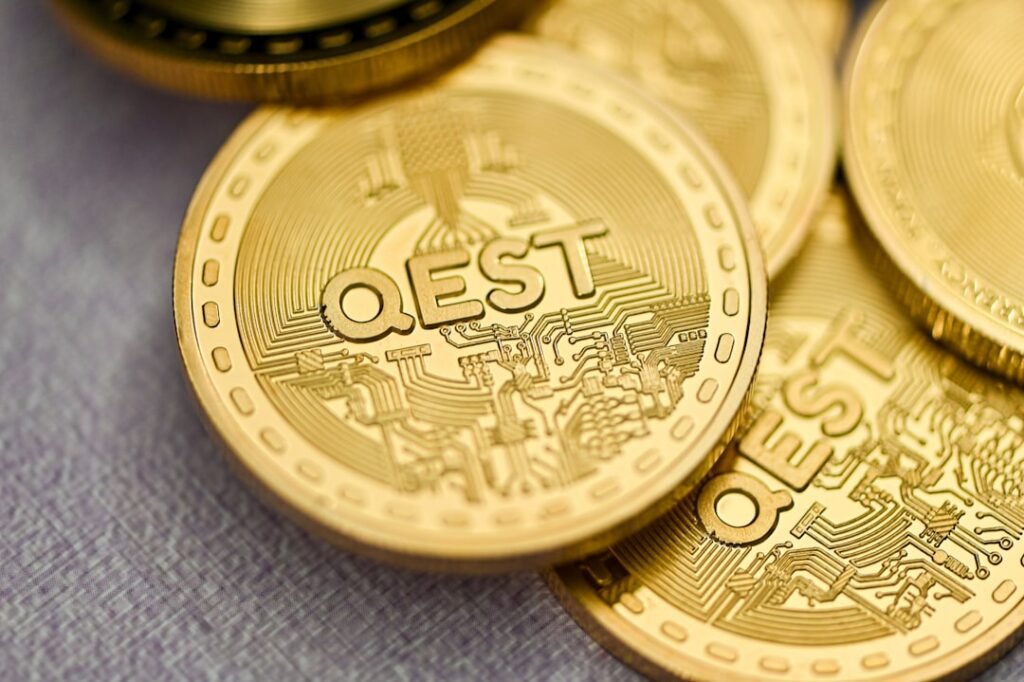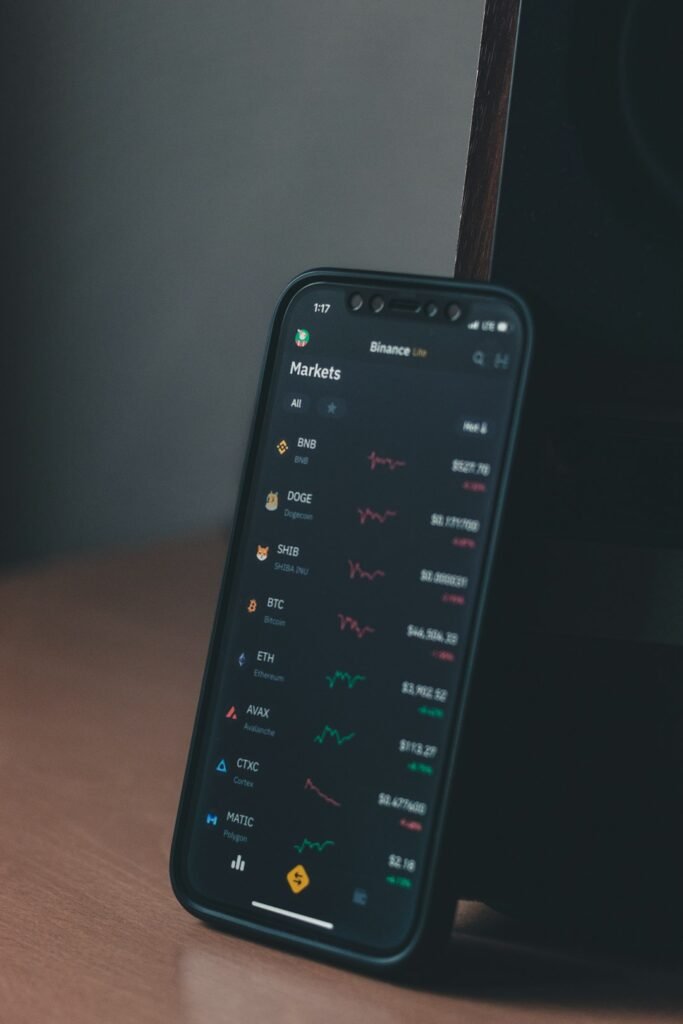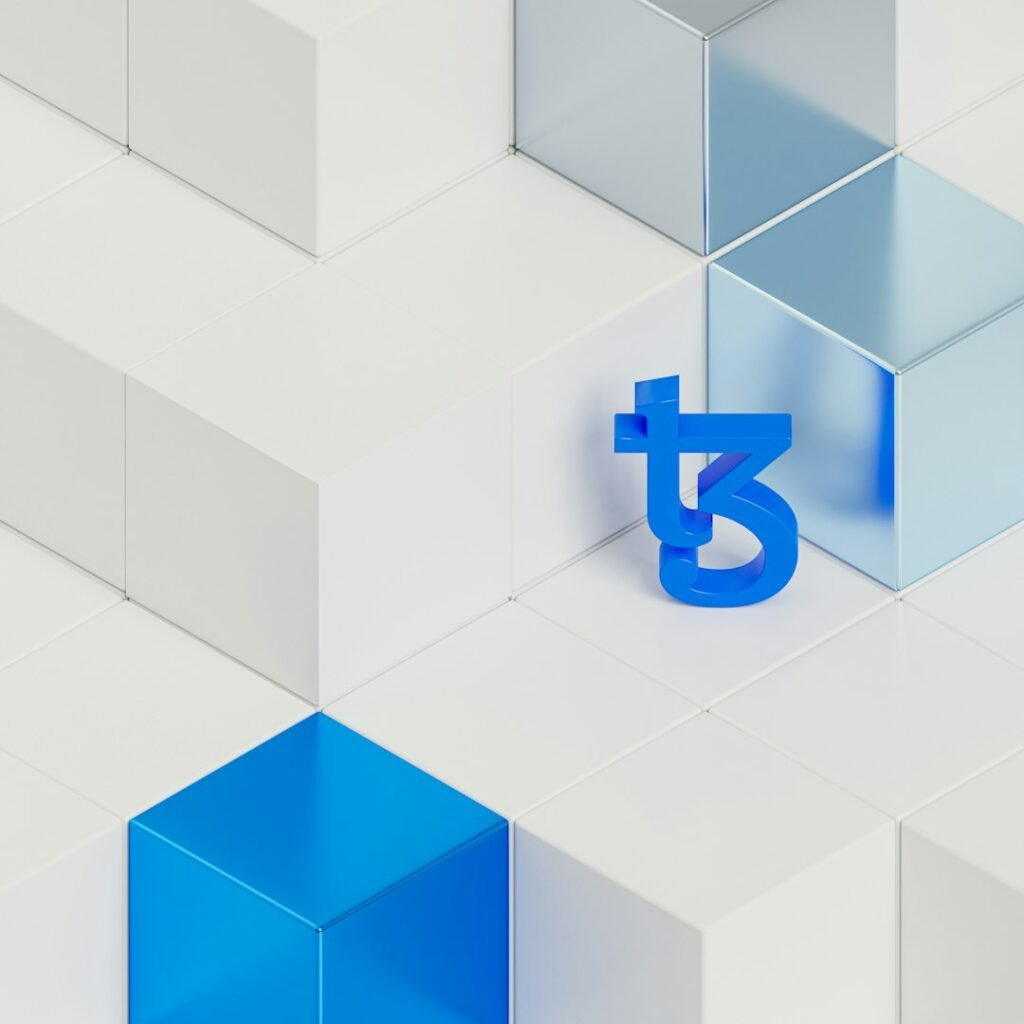South Korea has officially reclassified virtual asset companies as ‘venture enterprises’ after a seven-year restriction, allowing them to qualify as technology-based startups and growth-stage firms. This change grants them access to venture capital, technical guarantees, and policy-based financing support. The shift follows an amendment to the Enforcement Decree of the Special Act on the Promotion of Venture Businesses, passed on September 9 by the Ministry of SMEs and Startups and the Cabinet. The revision removes ‘blockchain/virtual asset trading and brokerage’ from the list of restricted or prohibited industries. The updated regulation will take effect on September 16. Background of the Restriction: In October 2018, the South Korean government categorized virtual asset businesses as high-risk and restricted sectors under the same legislation, aiming to curb speculation, protect retail investors, and ensure financial stability. This move came amid a surge in fraudulent initial coin offerings (ICOs) that resulted in significant financial losses for Korean investors. Notable cases, such as the Shinil Group’s counterfeit ‘Shinil Gold Coin’ ICO—which defrauded thousands of investors of millions of dollars—intensified regulatory caution and contributed to the industry’s marginalization. While not entirely banned, crypto startups faced operational disadvantages, including exclusion from tax benefits, loan guarantees, and public funding—resources readily available to sectors like AI and biotech. Industry Impact and Data: According to Tracxn, only one new blockchain technology company was established in South Korea as of July 23 this year, compared to 170 in 2018. Funding also declined sharply: blockchain firms raised $13.3 million across four equity rounds in 2025, down 58.82% from the $32.3 million raised in 17 rounds during the same period last year. Reasons for Policy Change: The Ministry cited alignment with global digital asset trends and the establishment of a transparent market秩序 with strengthened user protections as key motivations. The amendment also reflects maturation in South Korea’s regulatory framework, including the enactment of the Specific Financial Information Act (2021) and the Virtual Asset User Protection Act (2024), which introduced anti-money laundering requirements and investor safeguards. Han Sung-sook, Minister of SMEs and Startups, emphasized that the reform aims to integrate Korea with international digital asset developments and support future growth engines through a transparent and accountable ecosystem. Implications and Key Players: The policy shift is expected to revitalize the local crypto sector, ease financing for early-stage projects in DeFi and blockchain infrastructure, and enhance Korea’s competitiveness in the global digital economy. Prominent Korean venture capital firms like Hashed, Dunamu & Partners, Kakao Ventures, KB Investment, and Samsung Next are anticipated to increase investments in blockchain and crypto projects, leveraging their strategic resources and market influence to foster innovation and expansion.







